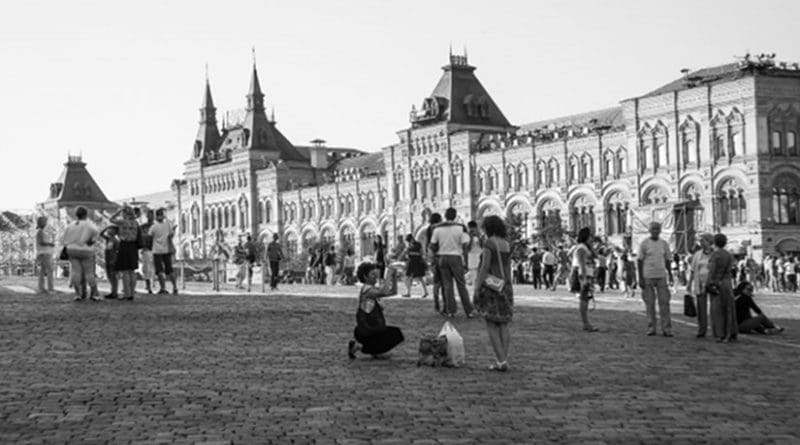In Russia’s Presidential Elections ‘Everyone Played Their Assigned Roles’ – OpEd
By Paul Goble
In the just-completed Russian presidential elections, Denis Volkov says, “everyone played their assigned roles: the loyal majority rallied around the president, opposition candidates mobilized the small protest electorate and boosted turnout, and protest-minded citizens standing in lines relieved some tension and looked at each other.”
The outcome, the director of the Levada Center continues, was predetermined, at least since Putin launched his expanded invasion of Ukraine in February 2022 and generated a patriotic upsurge among many that boosted his standing to astronomic heights (forbes.ru/mneniya/508421-crezvycajnyj-rejting-cto-govorat-prosedsie-vybory-o-sostoanii-rossijskogo-obsestva).
Moreover, by ensuring that no real opposition candidates could run but that some did, Volkov says, Putin achieved two things: more votes for himself and greater participation in the election because at least a few of those who did vote for the other candidates wouldn’t have voted at all if there hadn’t been this apparent choice.
Boosting turnout was the major driver of Kremlin behavior: Putin actively campaigned while his “opponents” did not, and Russian officialdom did everything they could to get people to the polls confident that one way or another Putin would get a high percentage of those who took part.
According to Volkov, “a certain contribution to the high level of participation was made by the oppositionally inclined minority, the representatives of which stood in lines at polling stations, above all abroad at noon of the last day of the voting.” The real “consolidation” of the opposition took place in lines for Boris Nadezhdin’s failed effort to become a candidate.
However, the Levada Center sociologist continues, “if one carefully examines today’s supporters of Boris Nadezhdin – and they are on the order of eight to nine percent of the electorate … — then it turns out that they are completely loyal to the powers that be” and not the opposition some may believe.

